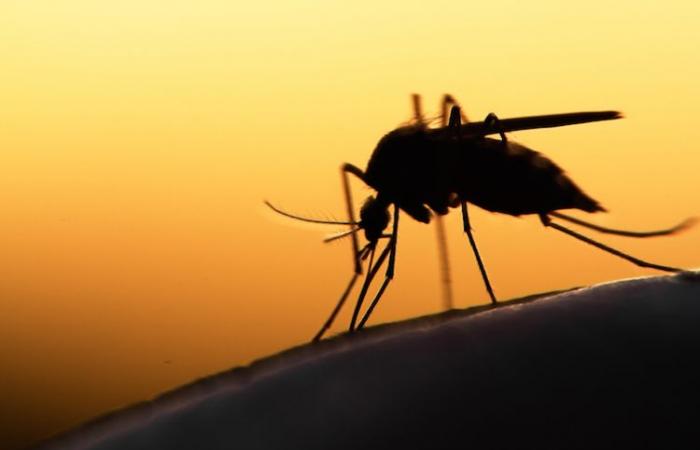The malaria season is starting earlier and earlier in the south of the Democratic Republic of Congo (DRC) due to global warming, a team of scientists from the University of Antwerp (UAntwerpen) reported on Monday.
The rise in temperatures recorded in regions where malaria is prevalent, lengthens the periods conducive to the transmission of the disease. The mosquitoes that transmit the parasites are particularly active during hot periods, when the temperature is between 20 and 25°C.
Data from historical health and climate records from the Haut-Katanga province in the DRC now confirm this theory.
Malaria incidence there has increased to levels recorded before the 1940s, when radical anti-malaria measures were introduced. This increase coincides with the rise in average temperatures.
“The temperature profile, just before the seasonal increase in malaria infections, increased by 5°C over the last century, from 12 to 17°C,” said researcher Joachim Mariën. “It’s clear that this makes it much easier for parasites to reproduce.”
To overcome the problem, scientists recommend intensifying indoor spraying of residual insecticides (IRS). “This is an important strategy to control and eradicate the disease, especially in high altitude areas affected by climate change,” they explained.
Access to all features is reserved for healthcare professionals.
If you are a healthcare professional you must log in or register for free on our site to access all of our content.
If you are a journalist or if you wish to inform us, write to us at [email protected].
Health






